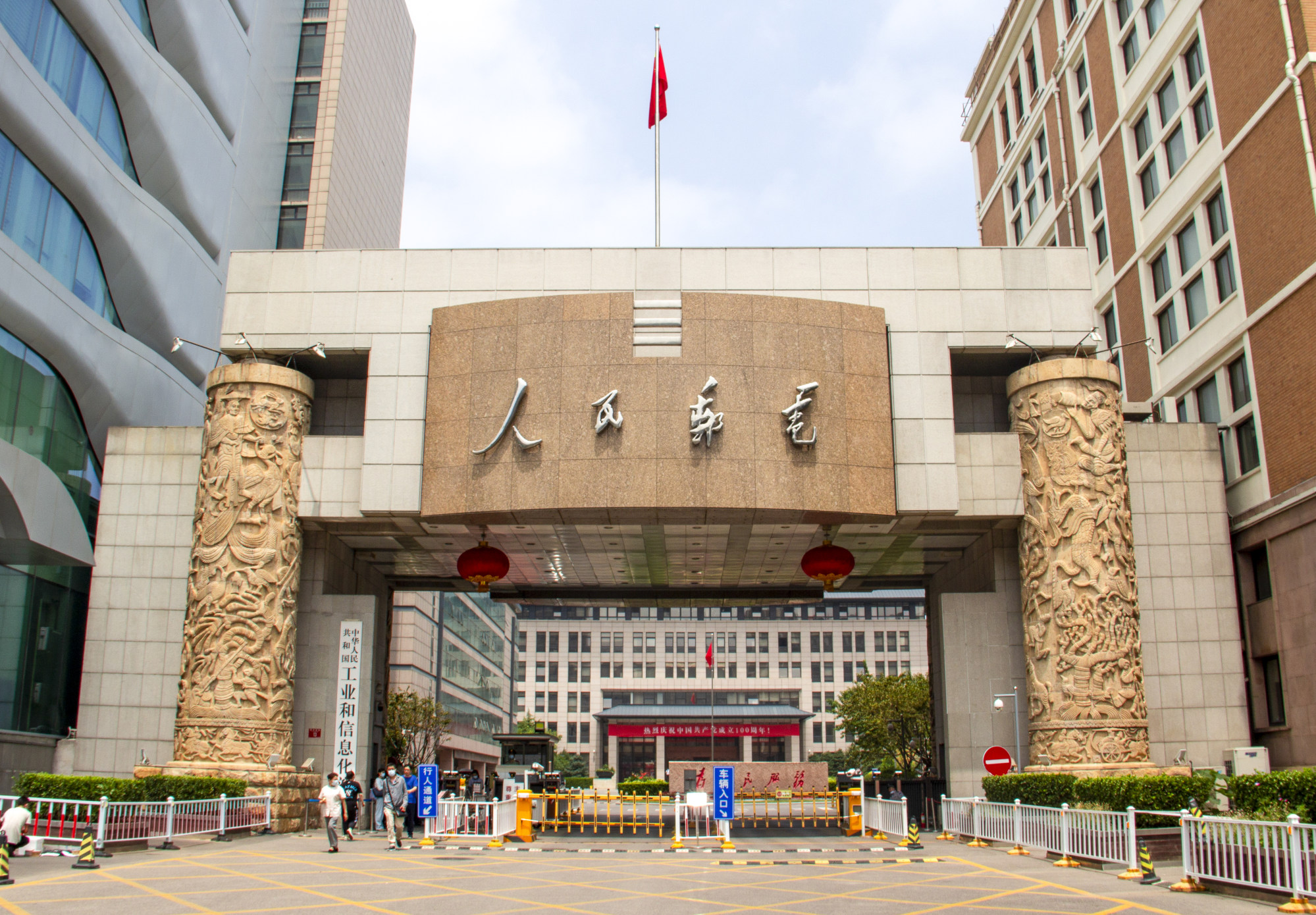
China’s small independent developers see local innovation being stifled by Beijing’s new app registration rule
- The Ministry of Industry and Information Technology requires all mobile app providers to submit their business details to the government or face punishment
- It indicated that the new filing process aims to clamp down on rampant scams online
“For developers who already have apps released, this is a hurdle that would increase their expenses,” Li An, who runs a five-person app development studio on the mainland, said in an interview on Thursday. “But for small firms still toying with innovative ideas, the filing process would be a great deterrent [in terms of time and cost].”

The filing process, which could take up to 20 days, would prevent local providers from doing quick launch and rapid iteration, app developer Li said. “This is an important advantage for our software industry,” he added.
It is a common practice for developers, according to Li, to initially test the market by doing a soft launch of their app idea and then turn around with a full-fledged iteration of the software based on user feedback.
The MIIT’s latest initiative highlights how the Chinese government continues to keep all online content on a short leash via rigid measures.
China stops reporting data metrics of vast domestic apps market
In the early 2000s, Beijing introduced an internet content provider registration scheme that required all China-based website operators to file and obtain a licence from the regulatory authority.
“Previously, it took from one to two weeks to crank out an app, followed by one or two more days to distribute it through various app stores [in mainland China],” the developer Li said. “With the new filing procedure, the cost of releasing an app will increase since the information must be submitted by an incorporated entity. For individual developers, registering a company is a lengthy procedure by itself.”
Unlike small developers, large app operators are not expected to experience any trouble complying with the MIIT’s new filing process.
China updates online advertising rules to tame recommendation algorithms
WeChat, which hosts more than 4 million mini-programs as of 2022, said last Wednesday that it will follow the MIIT’s new rule.
The new rule might even force some overseas developers to abandon the Chinese market, according to Li.

